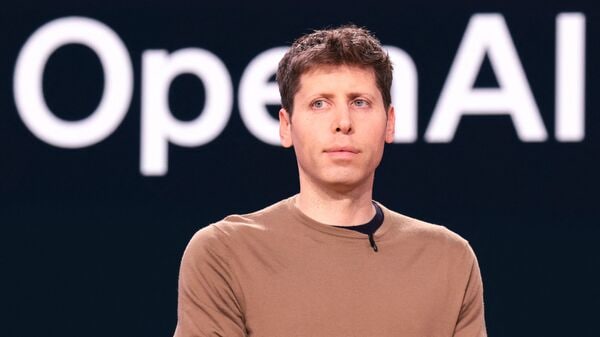OpenAI Warns of Catastrophic AI Risk as Development Accelerates
OpenAI has issued a stark public warning about the future of artificial intelligence, stating that AI development is advancing far faster than most people realize and carries “potentially catastrophic” risks if proper safety systems aren’t implemented in time.
Key Takeaways
- AI capabilities are approaching genuine scientific discovery, with systems now “80% of the way to an AI researcher”
- The cost of achieving intelligence levels has fallen 40 times annually, accelerating progress dramatically
- Superintelligent systems that can self-improve must not be deployed until proven safety methods exist
- OpenAI predicts AI will make significant scientific discoveries by 2028
AI’s Rapid Evolution Beyond Current Perceptions
According to OpenAI’s November 6 blog post shared by CEO Sam Altman, today’s AI systems already outperform top human minds in complex intellectual competitions. The company notes that while most people still view AI as chatbots and search tools, current models are beginning to generate new knowledge.
“In 2026, we expect AI to be capable of making very small discoveries,” the post states. “By 2028 and beyond, we are pretty confident we will have systems that can make more significant discoveries.”
The Staggering Pace of AI Advancement
The pace of change has been extraordinary, with OpenAI reporting that the cost of achieving a given intelligence level in AI systems has fallen roughly 40 times every year. This means tasks that previously took humans hours or days now take machines seconds.
However, the company cautions that society remains largely unprepared for what comes next, with the gap between public understanding and AI capabilities growing wider.
The Superintelligence Challenge
OpenAI highlights the particular risks of superintelligent AI systems that can improve themselves without human assistance. The company states unequivocally that no one should deploy such systems until proven alignment and control methods are established.
The blog outlines critical safety measures needed:
- Shared standards among frontier labs for safety principles and evaluation
- Public oversight with appropriate regulation scaled to AI capabilities
- AI resilience ecosystem similar to cybersecurity infrastructure
- Global reporting to monitor AI’s real-world impact
A Future of Abundance Despite Risks
Despite the warnings, OpenAI maintains an optimistic long-term vision, believing AI can create “widely distributed abundance” and help people live healthier, more fulfilling lives.
The company envisions AI becoming a “foundational utility” as essential as electricity or clean water, driving advances in healthcare, climate science, materials research, and personalized education.
“The north star,” the post concludes, “should be helping empower people to achieve their goals.”
Altman’s decision to personally share the post signals a potential turning point for OpenAI—shifting focus from product launches toward considering long-term societal impact.




